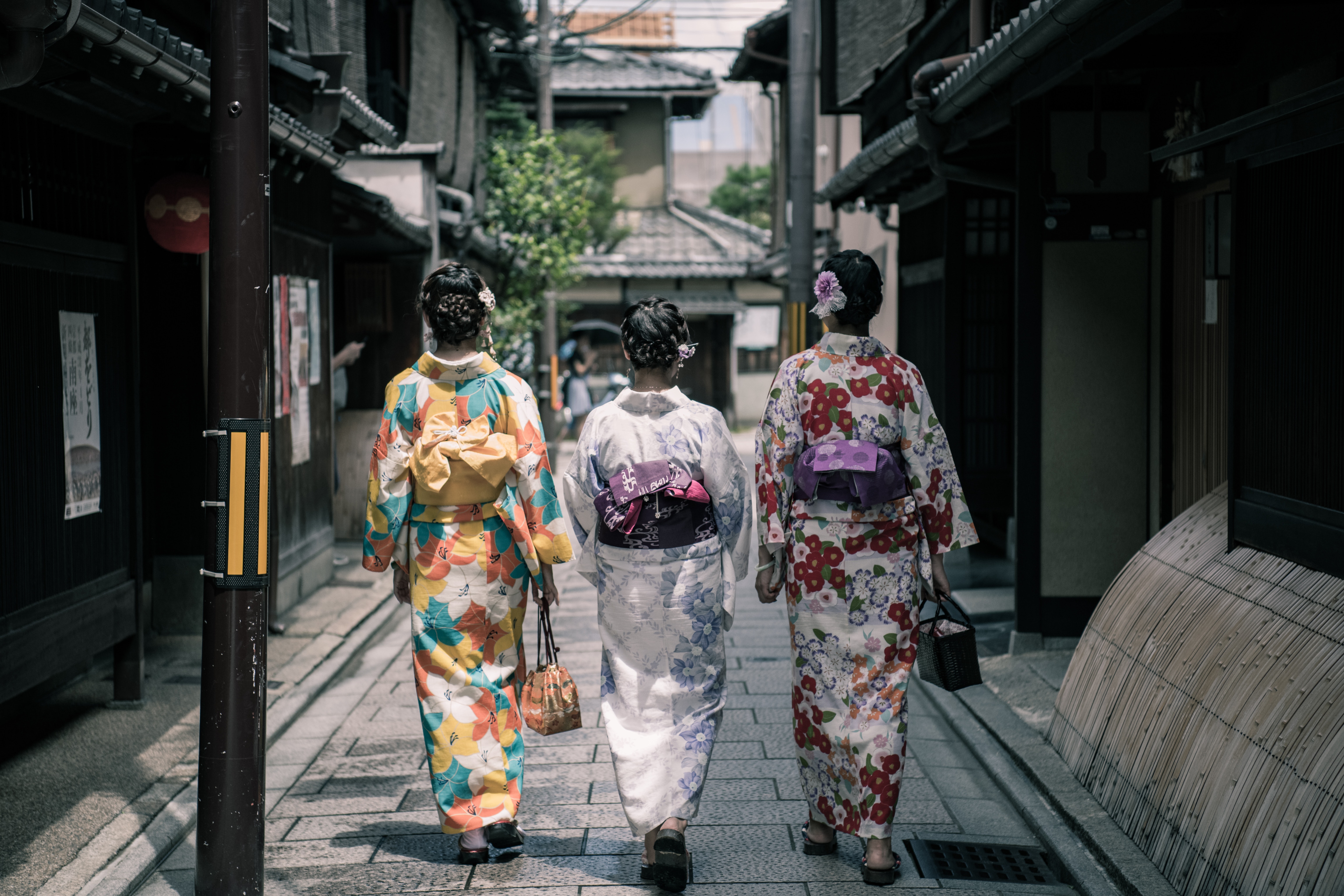How do Japanese People Teach Character Education?

As we know, it is very important for us to review children's development from a cognitive, biological and social perspective. Cognitive abilities such as academics, biology in children's physical development and social abilities where children can enter their social environment. Often parents focus more on their children's academics and biology than on their social abilities. Even though this is the most important thing so that children can behave well and in accordance with applicable moral values. Before discussing further, let us know the meaning of moral values.
What are moral values and character education?
Moral values are the foundation in a person's life that is instilled from an early age. Morals are views of good and bad, right and wrong, what can and cannot be done. Behaving according to moral values must be done to live life. Behaving according to morals also protects our children from disruptive behavior. The cultivation of this moral value can be obtained through character education. Children deserve character education. Character education can be obtained in 2 ways, namely character education in the family and also character education settings in schools. In schools, they are not only taught about subjects such as mathematics, language, art but also have to teach character education to their students. Do not forget also the importance of the role of parents to shape the character of children. There must be cooperation between these two parties in order to carry out good character in children. Then, what is the importance of character education?
Why is Character Education important?
As previously explained, character education is important to avoid something undesirable among children. Things that are not wanted usually come from negative children behavior. Such as cheating, stealing, fighting and other behaviors. This is behavior that is highly avoided because it will cause harm to others. Most parents are more demanding of their children to get the best grades in class than their moral development. Because of this, sometimes children will look for easy alternatives so they will be dishonest. This is very detrimental. So what is the use of best academic scores if even high knowledge is still detrimental to others.
Character Education in the Style of Japan
We often hear that Japan is a country that has citizens who are very obedient to regulations. This obedient behavior is very beneficial because it will bring peace between people. Then, how can Japan build such an obedient culture?
Culture in Japan plays a very big role in the process of instilling morals or character in a child. Families, especially mothers, have a very big role in educating a child. In Japan, mothers have a big role in educating children's character. There is a term Kyoiku Mama which means that a mother will never stop to continue to encourage her children to learn and create balance. Furthermore, in Japan itself there are some things that may seem very trivial to do, but they are a way to instill character education in Japan
1) Post It Thank You (Arigatou Posuto Itto )
These kinds of patches are usually used with the intention of thanking a friend who has lent a pen or has shared what they have. Even though it looks like something trivial, this little thing teaches children or the community not to forget to say thank you to people who have helped us.
2) Environmental Safety Map
Chiiki Anzen Mappu. This concept is taught in schools in Japan to educate students to care about the environment around them. The map is the work of students with the intention of reminding the people who see it that. For example, on a road there are many bends so that everyone can be careful.
3) Educating Mutual Cooperation
This type of education is usually in the form of distributing picket schedules to clean the classroom where the schedule is posted on the wall.
4) Educate to Always Have a Goal
The way with children is taught to make targets from students written under the student's photo. These targets are in the form of simple targets, for example the target to get up early, not to be late for school, and so on. The target can also be a monthly target or an annual target.
5) Handwritten Newspaper (Tegaki Shinbun)
This newspaper is made by students with an attractive design or layout.
6) Cultivating Empathy
One of the forms is by not giving long and boring speeches to students. So they can build empathy and care for others.
By getting used to or teaching the things above, children are taught to have a high work ethic, obey the rules, be disciplined, and have high creativity. Although this may be considered trivial and simple, it turns out to have a huge effect on a child's future. Children's social development is honed and children will be ready to enter the social world.
by Salsabilatuzzahra Jaha S.Psi from BehaviorPALS center
Bibliography
Haryono, SE, Muntomimah, S., & Eva, N. (2020). Planting Values through Character Education for Early Childhood. KnE Social Sciences, 97-108.
Syamsurrijal, A. (2018). Looking at Character Education in Various Countries (Multi-Site Studies in Indonesia, Singapore and Japan). Al Hikmah: Journal of Islamic Studies, 8(2), 206-214.
Character education in Japan
Pre-school 2 Years - 4 Years / 2 Tahun - 4 Tahun (Balita) / Social Development / Tumbuh Kembang Sosial / Education / Pendidikan / How do Japanese People Teach Character Education?
Comments













